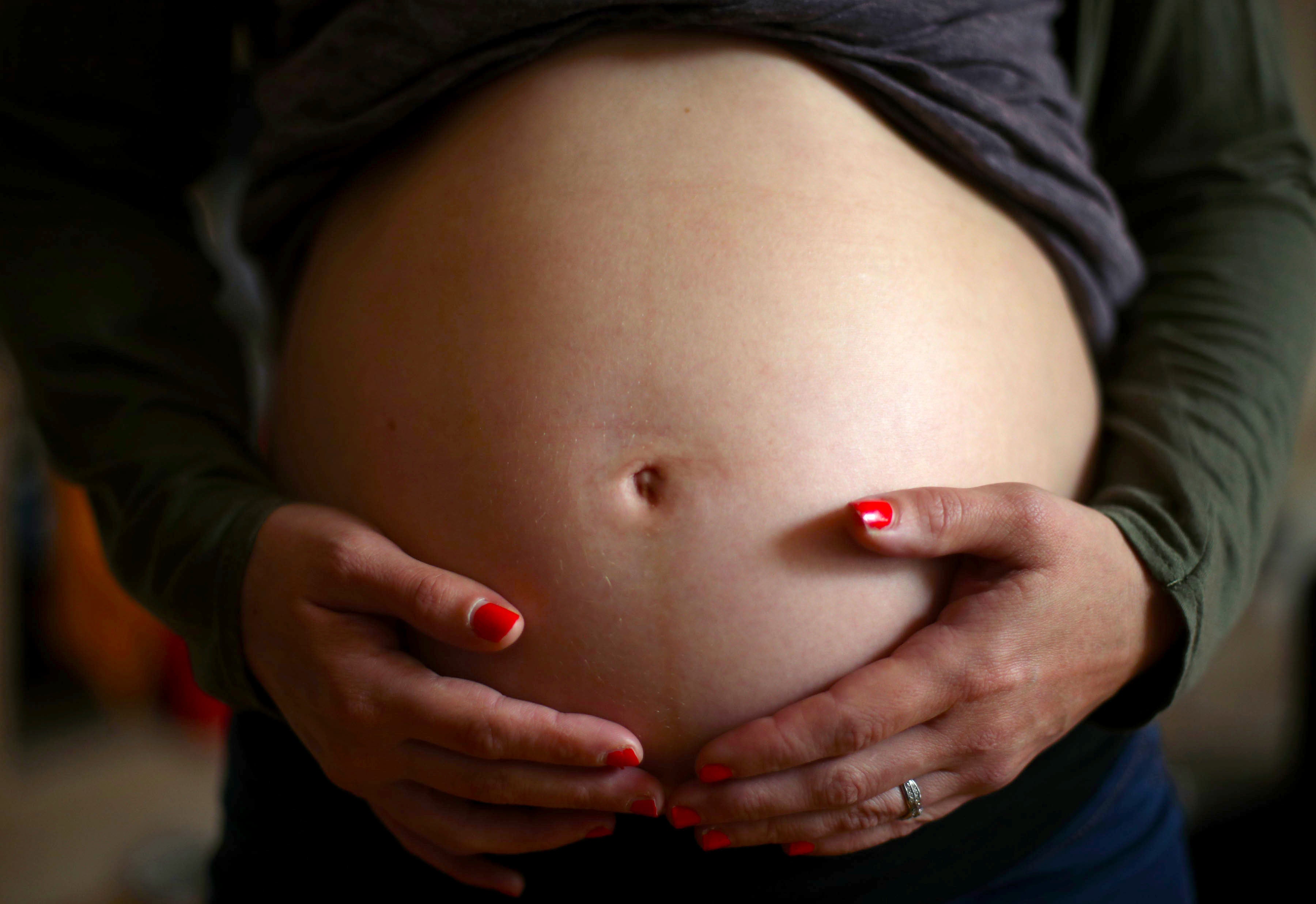‘Stress in pregnant women during the pandemic may impact babies’ brains’
Researchers found mothers who were pregnant during the pandemic reported stress and depression more.

Your support helps us to tell the story
From reproductive rights to climate change to Big Tech, The Independent is on the ground when the story is developing. Whether it's investigating the financials of Elon Musk's pro-Trump PAC or producing our latest documentary, 'The A Word', which shines a light on the American women fighting for reproductive rights, we know how important it is to parse out the facts from the messaging.
At such a critical moment in US history, we need reporters on the ground. Your donation allows us to keep sending journalists to speak to both sides of the story.
The Independent is trusted by Americans across the entire political spectrum. And unlike many other quality news outlets, we choose not to lock Americans out of our reporting and analysis with paywalls. We believe quality journalism should be available to everyone, paid for by those who can afford it.
Your support makes all the difference.Stress and depression during the coronavirus pandemic may be linked to changes in the brains of developing foetuses, even if the mother was not infected, new research suggests.
The study involved 65 women who were pregnant between June 2020 and April 2021, and 137 who were pregnant before the outbreak (March 2014 to February 2020).
Researchers found mothers who were pregnant during the pandemic reported stress and depression more.
Overall, 27.6% women in the pre-pandemic group and 52% of women pregnant during the pandemic were considered to have high psychological distress.
What’s clear is the next frontier is intervening early to see how we can prevent or reduce stress in the mum’s current setting
Anxiety levels stayed consistent across groups, the study found.
Using brain scans, the scientists found a reduction in the size of three brain structures in the foetuses from the pandemic group compared to the pre-pandemic group.
Development in these brain structures was negatively associated with anxiety, stress and depression scores.
When also looking at mothers reporting low stress, the authors observed foetuses of pregnant women in the low-stress group had lower volumes across the three brain measures in the pandemic group compared to the pre-pandemic group.
According to the researchers, this indicates multiple factors are involved in foetal brain development.
Catherine Limperopoulos chief and director of the Developing Brain Institute at Children’s National Hospital in America, and senior author of the study, said: “We’re looking at modifiable conditions.
“What’s clear is the next frontier is intervening early to see how we can prevent or reduce stress in the mum’s current setting.”
The authors acknowledge that they do not measure ‘social isolation, financial insecurity, and nutritional changes’, which were massive factors during the pandemic.
Carmine Pariante, professor of biological psychiatry, Institute of Psychiatry Psychology & Neuroscience, King’s College London (IoPPN), said the paper presents some interesting findings which are to be considered robust.
He added “The authors acknowledge that they do not measure ‘social isolation, financial insecurity, and nutritional changes’, which were massive factors during the pandemic.
“My opinion is that these factors will have had a more direct role in explaining these brain changes than just the subjective levels of mothers’ anxiety, and indeed some of the association between brain changes and maternal anxiety are statistically weak.”
Prof Pariante said another limitation of the study, published in Communications Medicine, is that there was no neurological or behavioural assessment of the babies, so it is unknown what impact the brain size changes might have on them.